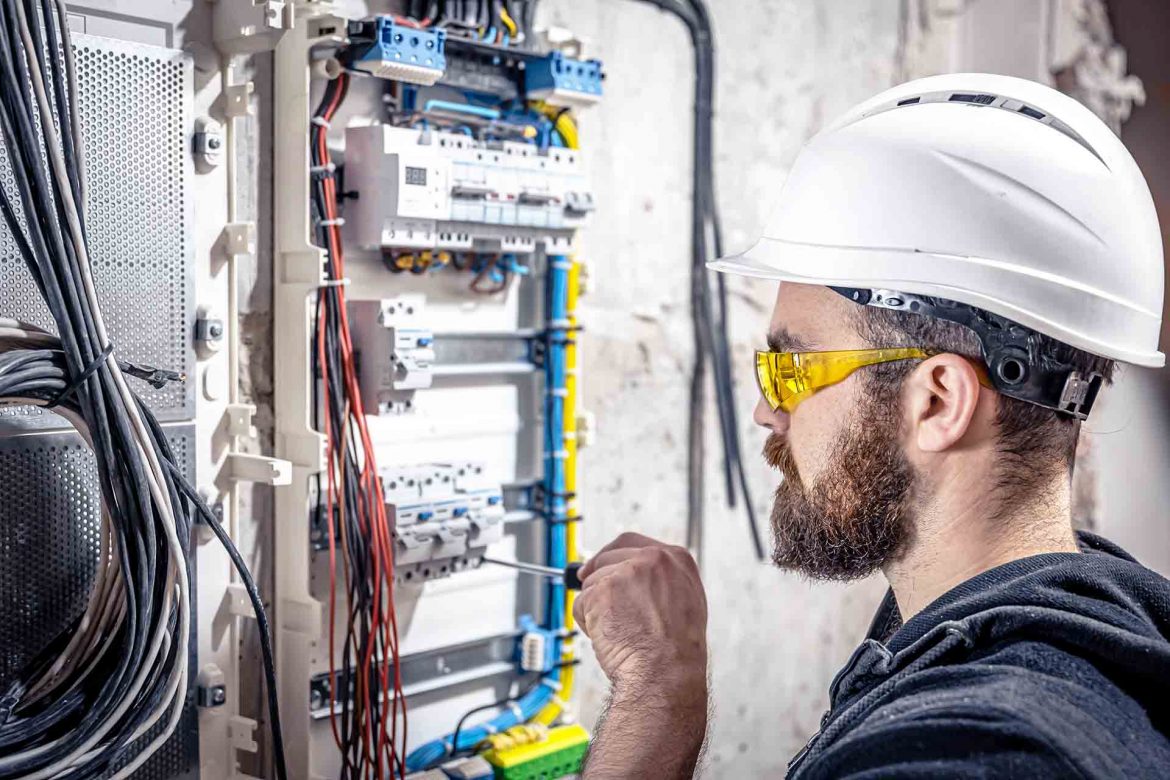In today's rapidly advancing world, the boundaries between different scientific disciplines are becoming increasingly blurred. As technology continues to evolve, professionals with diverse backgrounds are finding new opportunities to explore and contribute to fields beyond their primary expertise. In this blog post, we will delve into the intriguing question of whether an electrical engineer can transition into the realm of physics. We will explore the necessary skills, potential challenges, and exciting prospects that await those who dare to embark on this interdisciplinary journey.
- The Overlapping Foundations:
Electrical engineering and physics share a common foundation in mathematics and fundamental principles of science. Both disciplines rely on a deep understanding of calculus, differential equations, and linear algebra. Moreover, the laws of physics govern the behavior of electrical circuits, making it easier for electrical engineers to grasp the underlying physical concepts. - Bridging the Knowledge Gap:
While electrical engineering and physics have significant overlaps, there are crucial areas where an electrical engineer may need to expand their knowledge. To become a physicist, one must delve into advanced topics such as quantum mechanics, statistical mechanics, and electromagnetism. Gaining expertise in these areas may require additional coursework or self-study to bridge the knowledge gap. - Developing Analytical and Computational Skills:
Physics demands a high level of analytical thinking and problem-solving abilities. Electrical engineers, with their strong background in mathematical modeling and simulation, possess a solid foundation to excel in these aspects. However, physicists often employ more advanced mathematical techniques, such as complex analysis and group theory. Acquiring these skills may require dedicated effort and further education. - Embracing the Quantum World:
One of the most significant challenges for an electrical engineer transitioning into physics is comprehending the counterintuitive nature of quantum mechanics. While electrical engineering deals with classical physics, quantum mechanics introduces a whole new set of principles and phenomena. Understanding concepts like wave-particle duality, superposition, and entanglement is essential for a successful transition. - Exploring Interdisciplinary Research:
The fusion of electrical engineering and physics opens up exciting avenues for interdisciplinary research. Fields like quantum computing, nanotechnology, and photonics are at the forefront of this convergence. By combining their expertise in electrical engineering with a deep understanding of physics, professionals can contribute to groundbreaking advancements in these emerging fields.
Conclusion:
In conclusion, while transitioning from electrical engineering to physics may pose challenges, it is indeed possible with dedication, continuous learning, and a passion for exploration. The shared foundations, analytical skills, and computational expertise of electrical engineers provide a strong starting point. By embracing the quantum world and expanding their knowledge in advanced physics concepts, electrical engineers can embark on a rewarding journey into the realm of physics. This interdisciplinary approach not only enriches their professional growth but also contributes to the advancement of science and technology.

